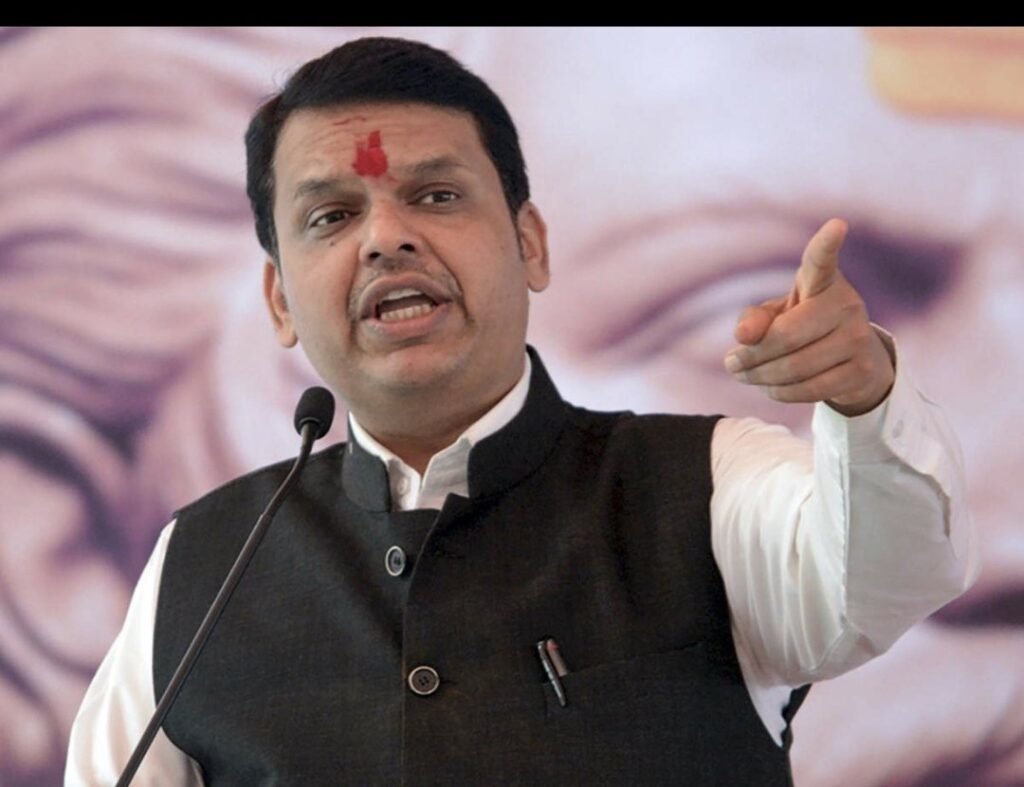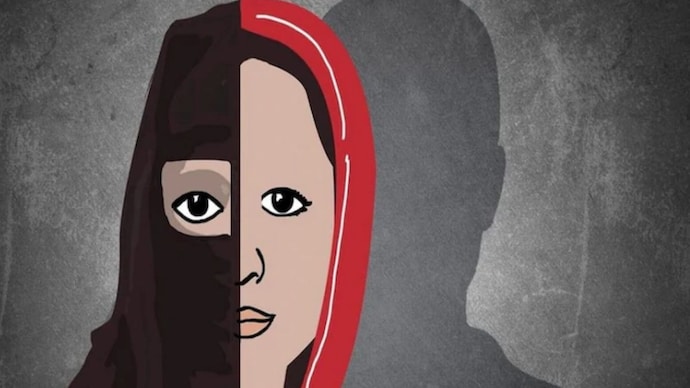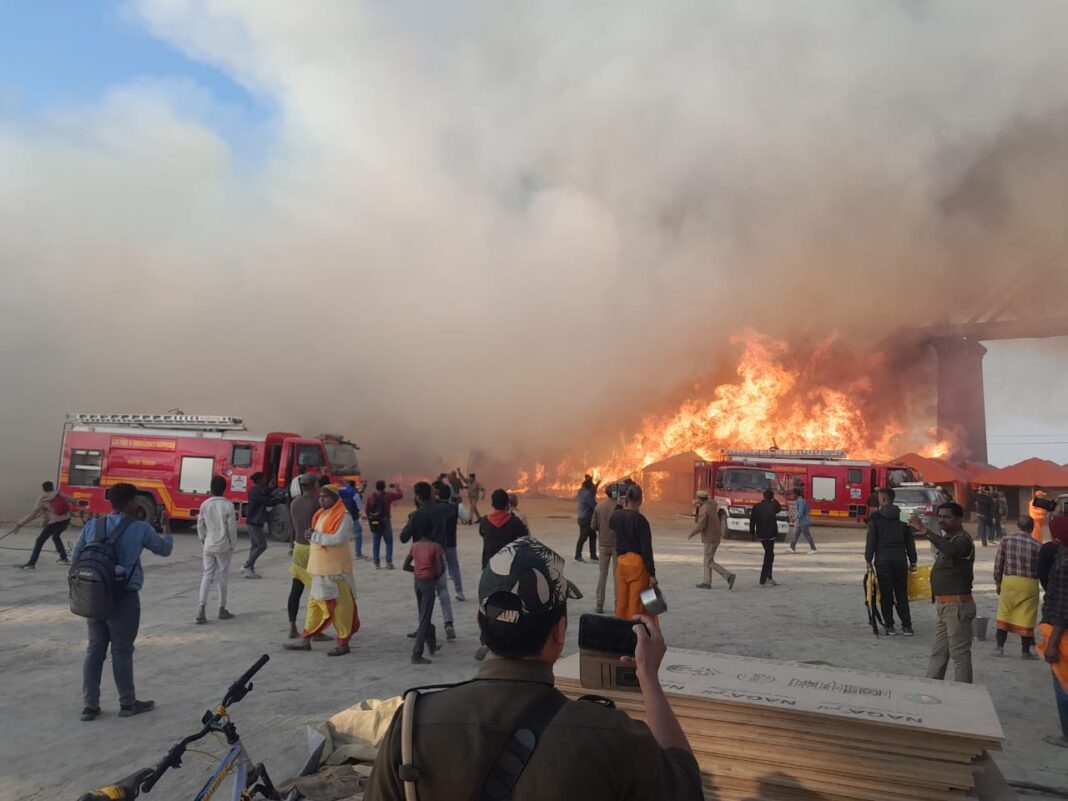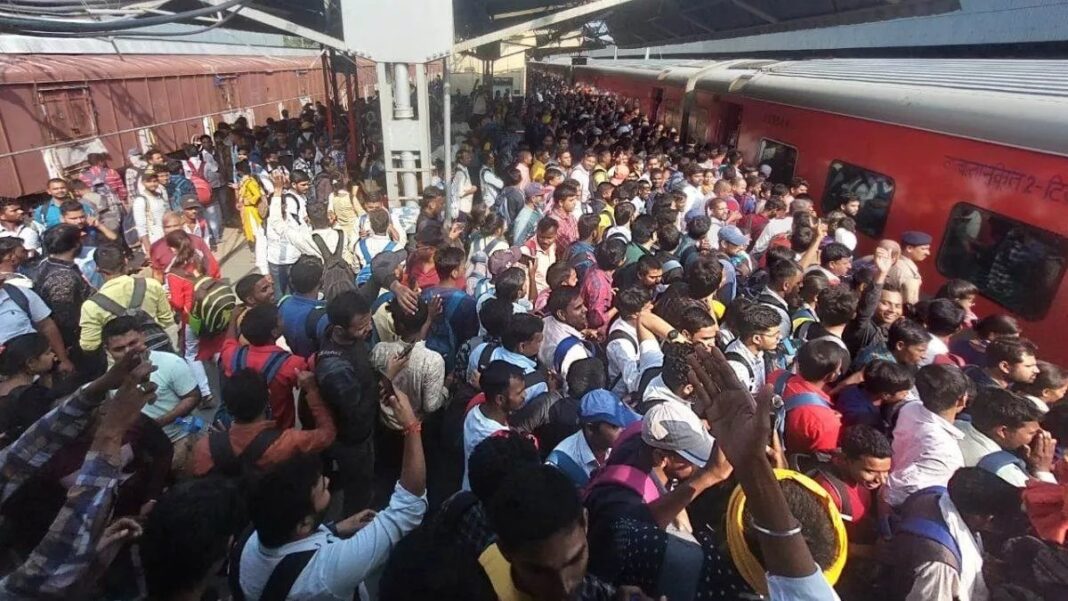By The Sampadak Express
The Maharashtra government has established a seven-member committee to assess the need for a legal framework addressing forced religious conversions and the controversial issue of “love jihad.” The panel, chaired by State Director General of Police (DGP) Sanjay Verma, includes senior officials from several key state departments, such as women and child welfare, minority affairs, law and judiciary, social justice, special assistance, and home affairs.
According to a Government Resolution (GR) issued on Friday, the committee will look into measures to address complaints related to forced conversions and the alleged phenomenon of “love jihad.” It will also review existing laws in other states and make recommendations for legal provisions that could be implemented in Maharashtra.
What Is ‘Love Jihad’?
The term “love jihad” has gained prominence in political discourse, particularly among right-wing groups. It refers to claims that Muslim men are allegedly coercing Hindu women into interfaith marriages with the intention of converting them to Islam. The issue has come to the forefront in Maharashtra following the tragic murder of 27-year-old Shraddha Walkar in 2022. Walkar was allegedly killed and dismembered by her live-in partner, Aaftab Poonawala, who was reportedly Muslim. This case reignited the debate over interfaith relationships and conversions in the state.
Committee’s Mandate
The committee’s task is to suggest legal measures that would address complaints related to forced conversions and “love jihad.” Additionally, it will assess the effectiveness of existing laws in other states that have attempted to tackle similar issues. The committee will also propose any new legal provisions that could be enforced in Maharashtra to curb such practices.

Opposition Criticism
The Maharashtra government’s decision to set up the committee has sparked significant criticism from opposition leaders, who argue that it is an unnecessary and divisive move.
Nationalist Congress Party (NCP) leader Supriya Sule criticized the government’s focus on this issue, stating that love and marriage are personal choices, and it should not be politicized. She urged the government to focus on more pressing issues, including the economic challenges facing the country, particularly after the new tariffs imposed by the United States. Sule called on the government to pay more attention to economic matters, which directly impact the lives of citizens.
Samajwadi Party MLA Abu Azmi also criticized the move, alleging that the government was using the “love jihad” narrative to target and harass Muslims, thereby fostering communal tension. Azmi pointed out that while the government was keen to support live-in relationships, it had an issue with interfaith marriages and conversions, which he described as baseless concerns. He also argued that “love jihad” is a fabricated issue and that there is no such phenomenon.
Congress leader Husain Dalwai similarly dismissed the idea of “love jihad,” calling it a myth. Dalwai emphasized that forced conversions are not happening and that India, as a secular country, guarantees the right to religious freedom. He accused the ruling party of attempting to undermine India’s cultural fabric and democracy by promoting baseless issues like “love jihad” to create division.
BJP’s Defense of the Committee
On the other hand, BJP leaders have strongly defended the government’s move. BJP MLA Mangal Lodha emphasized that the issue of “love jihad” is real and has been growing across the country. He pointed to the Shraddha Walkar case as an example of the dangers of interfaith relationships that, according to him, often lead to coerced conversions and violence. Lodha expressed concern over the rise in such incidents in Maharashtra and criticized the opposition for opposing efforts to address the issue.
The Legal Landscape
This new committee reflects the state government’s growing attention to the ongoing debate about interfaith relationships and conversions. Several states in India have already implemented laws aimed at regulating or banning conversions, particularly in cases of interfaith marriage. States like Uttar Pradesh and Haryana have passed laws banning conversions that occur without the permission of the authorities, citing the potential for coercion in such conversions.
The formation of the seven-member committee by the Maharashtra government signals a commitment to exploring legal solutions to the issues surrounding forced conversions and the contentious issue of “love jihad.” While the decision has sparked a heated debate across the political spectrum, it underscores the increasing politicization of interfaith relationships in the state. The committee’s findings could have significant implications for how Maharashtra addresses these sensitive social issues in the future.
For the latest updates, stay tuned to The Sampadak Express.






